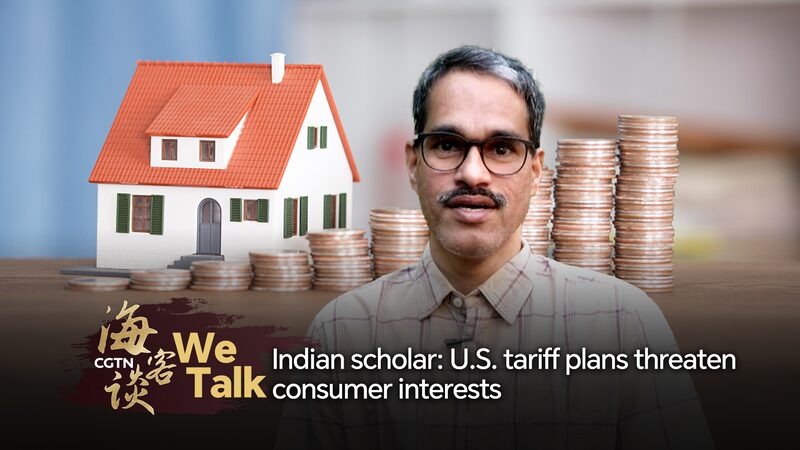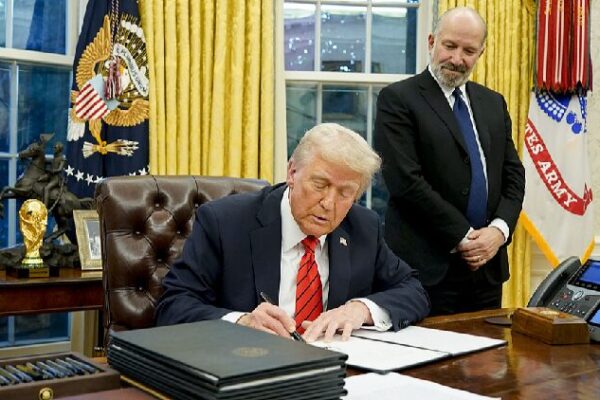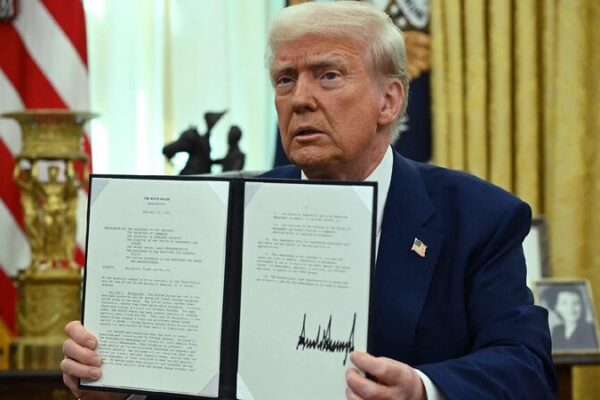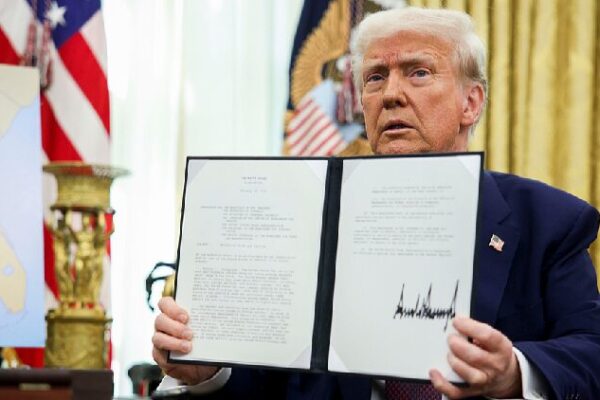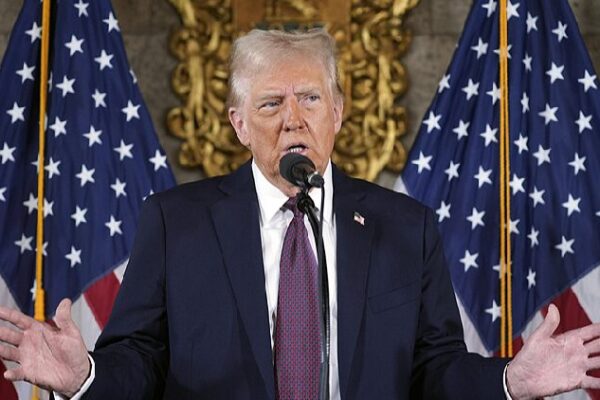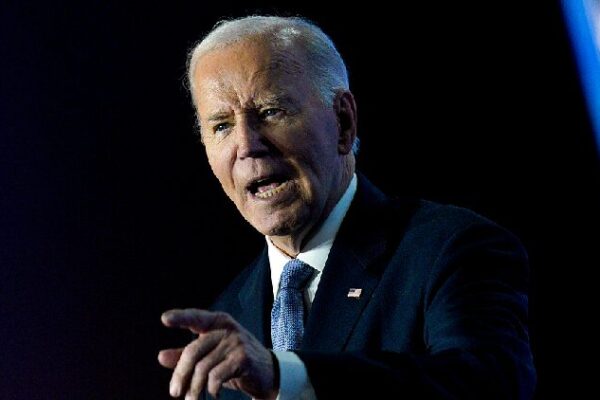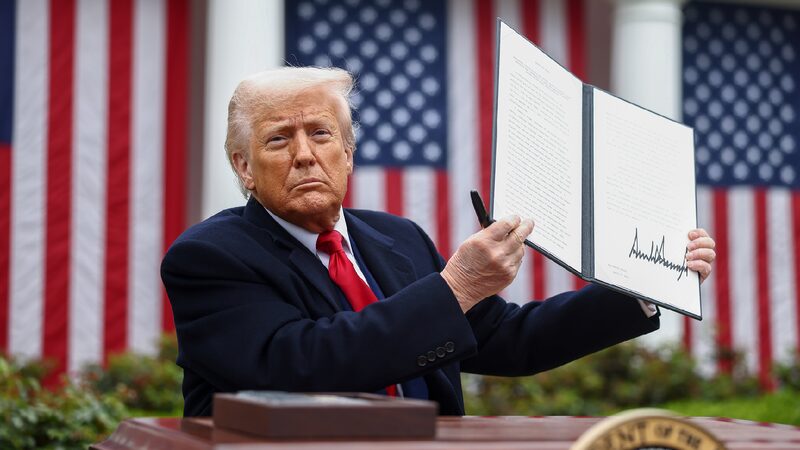New Delhi, February 14, 2025 — U.S. President Donald Trump has signed an executive memorandum titled “Reciprocal Trade and Tariffs,” proposing that the United States impose tariffs on imports at the same level as its trading partners apply to American goods. The decision has sparked widespread attention and strong reactions across the globe.
S. Parameswaran, a renowned Indian professor and trade expert, cautions that these policies could impede the development of free trade and undermine the process of globalization. “Such tariff barriers may trigger a chain reaction,” he said. “The prices of essential consumer goods like steel and cars could rise, ultimately limiting consumer choices.”
Parameswaran believes that the U.S. approach may lead other nations to adopt similar protectionist measures, disrupting global supply chains. “In an interconnected world, unilateral decisions can have far-reaching consequences,” he added. “Consumers, especially in developing countries, may bear the brunt of these policies.”
The proposed “reciprocal tariffs” are seen by some as a move away from longstanding commitments to free trade. Critics argue that such measures could ignite trade disputes and economic uncertainty. Parameswaran urges policymakers to consider the broader implications: “We need collaborative solutions, not actions that could hinder global economic growth.”
The international community watches closely as the situation unfolds, with many hoping for dialogue and cooperation to prevail over escalating trade tensions.
Reference(s):
We Talk: Indian scholar: U.S. tariff plans threaten consumer interests
cgtn.com
